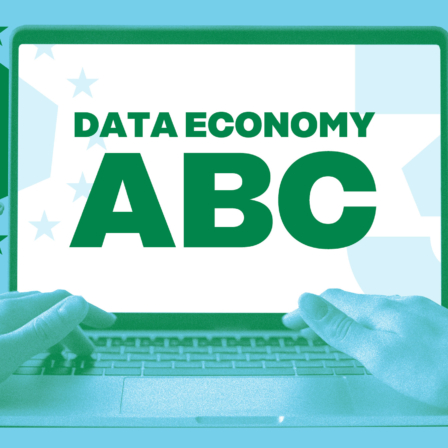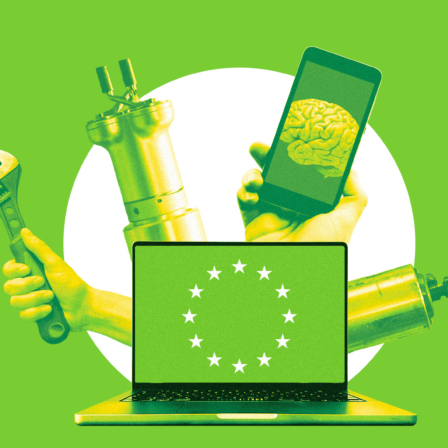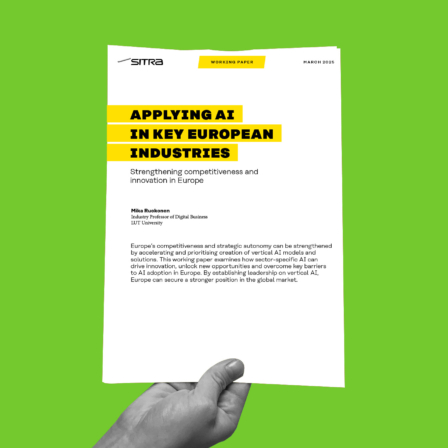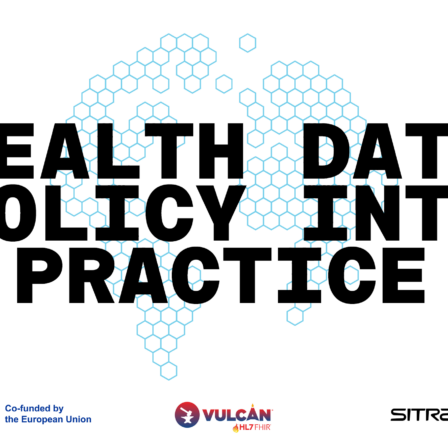While regulations are in place to prevent the manipulation of stock prices, for example, one peculiar feature of the current data economy is that there are no existing rules or guidelines that prevent the manipulation of people. There is a need to understand why this is the case, and just as much need to examine how to prevent it from happening.
Data protection is a fundamental right that is protected by both national and European Union legislation. It is defined as the right to self-determination. It is different from the protection of privacy, which, according to the European Commission, is about the right to develop. We all aim to develop throughout our lives, and it is particularly important that we secure children’s and young people’s opportunities for safe growth and development.
Privacy is about “mental inviolability”.
Privacy can be thought of as a “state of mental inviolability”, which we need for thinking and forming an opinion as members of society. It is more about opening up safely than about hiding from others. Privacy has also been described as a prerequisite for the pursuit of happiness, and we need it for independent brainstorming and innovation. The relationship between privacy and creativity is undisputed and, from the point of view of our national and regional success, the protection of privacy is mandatory.
Computer scientist Michael McFarland has said that to lose control of one’s personal information is in some measure to lose control of one’s life and one’s dignity. However, the business models of the biggest data economy companies have developed in the wrong direction during a long period of time. The users of these services, we as individuals, cannot have had the ability to see into the future. Hardly anyone would have agreed a decade ago that services based on the continuous monitoring of people offered to advertisers would override individuals’ fundamental rights.
Data economy operating models primarily offered from outside Europe erode privacy and thereby impair individuals’ capacity for innovation. At the same time, data collected on individuals is increasingly centralised in the hands of a few parties and has impacts on countless businesses in a myriad of ways, also in Europe. This can become a long-term problem for the European capacity for innovation, let alone the risks posed to people’s well-being.
Because of their size, the superstars of innovation have become a threat to European business and democracy. They publicly call for further regulation while using fabulously enormous sums of money for lobbying to prevent laws from being implemented or changing regulations in their preferred direction.
Three steps to a fair data economy: strengthening expertise, respect for privacy in business and enabling regulation.
We need to act fast and on many levels.
- Expertise in the data economy in terms of both the protection of privacy and innovation should be made a civic skill in Finland and the rest of Europe. Skilled and capable individuals, from children to the elderly, are an asset to all parties.
- European businesses must make respect for privacy an integral part of their operations and a fundamental element of their planning, from the start of the value chains to their marketing and advertising.
- The European Commission must create sufficient regulation to secure people’s right to self-determination and privacy in real life. Granting exceptions based on the level of market power must not be allowed.
The protection of privacy gives us the freedom to decide in our own lives, and it concerns people and organisations alike. Laws that safeguard our privacy provide European businesses with an opportunity to develop new alternatives, that is, sustainable fair data economy products and services that will grow into European success stories. It is time to give privacy the value it deserves and move from talking to acting accordingly.



















Recommended
Have some more.